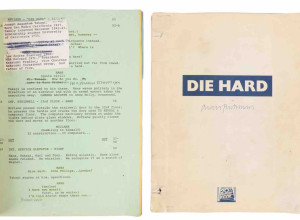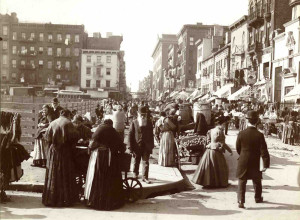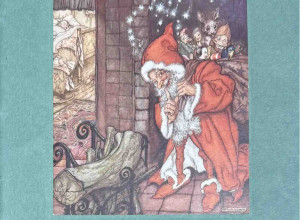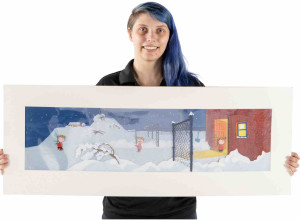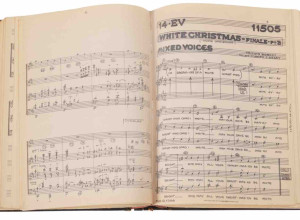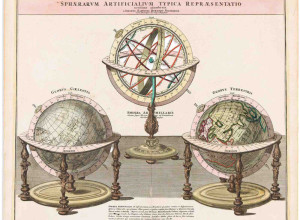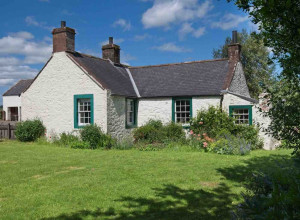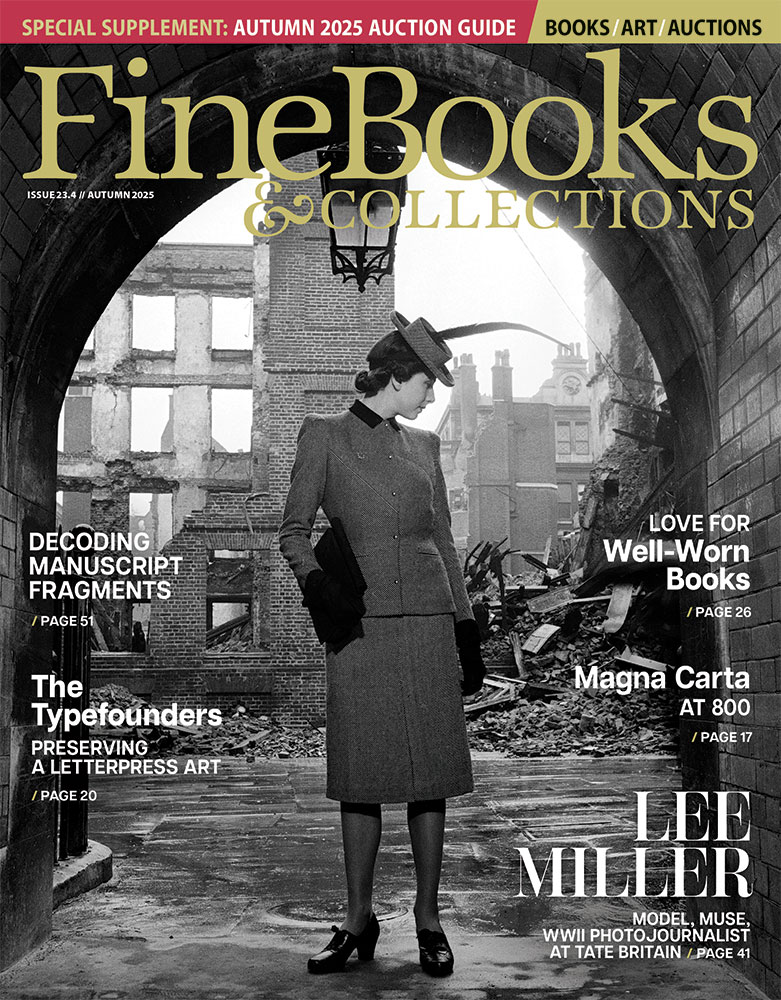Fine Books & Collections
FineBooksMagazine.com
100 Europa Drive, Suite 290
Chapel Hill, NC 27517-2310
Editor: Allison C. Meier: allison@finebooksmagazine.com
Associate Publisher: Kimberly Draper
Fine Books & Collections covers a broad range of topics and subjects of interest to book collectors, dealers, librarians, curators, and bibliophiles, from early manuscripts to modern first editions and everything in between. The core of each article is an engaging narrative. We’ve published Nicholas Basbanes, Paul Collins, Anne Trubek, and many other leading literary journalists. Fine Books & Collections has two main forums: its quarterly print edition and its free monthly e-letter for collectors. Both publish original content.
- FB&C’s content is distinguished by excellent reporting, solid research, a captivating point of view, or all three. We are 90% freelance written and welcome proposals from writers, and also assign topics to writers. Our stories use the book as a starting point for telling a bigger story. Lists of facts, the minutiae of first edition identification, and author bibliographies are typically addressed in sidebars when necessary. The best way to see the range of topics we cover is to look at the tables of contents for past issues.
- We are usually planning editorial about 6 months ahead of the publication date.
- Features generally run 1,500–2,000 words, and we buy approximately 8 of them per year.
- The digest (front of the magazine) section contains shorter, newsier pieces of 500–700 words. Digest is divided into three categories—book, art, and object—therefore, queries must fall into one of these specific categories. "Book" focuses on a particular story related to the book as an object, such as bookbindings, unique editions, etc., as well as new libraries, archives, or book-related museums; "Art" focuses on book-related works on paper, illustration, artist's books, and/or drawings; "Object" focuses on ‘other’ collectibles and antiques, such as furniture, ephemera, pens, coins, etc., as well as objects related to books (previous topics include bookmark collecting and typography).
- We encourage contributors to interview experts on these subjects. We do not often publish stories that are just the author’s opinion or experience. We generally avoid first-person narratives, but they are not unheard of, as in this example from July 2010 and Rosecrans Baldwin’s essay on a Pulitzer Prize-winning ancestor.
- We prefer brief email queries summarizing your article idea rather than completed submissions. Be sure to include links to samples of your published writing as well as the proposed length and scope of your story. Send queries to allison@finebooksmagazine.com. Include your pitch in the body of the email.
- Written submissions are also accepted if mailed to Fine Books & Collections, ATTN: Writing Submission, 100 Europa Drive, Suite 290, Chapel Hill, NC 27517-2310. DO NOT MAIL ORIGINALS. We cannot be responsible for lost submissions and only return materials accompanied by a SASE.
What We Like
- Good journalism on most any topic related to collectible books. Past examples have included the destruction of the Helen Keller archive on 9/11; the importance of rare books to science; and how rare books are preserving endangered languages. Some articles with a broad literary appeal—such as this one on Jack Kerouac’s forged will—can also work well under the right circumstances.
- Profiles of exceptional people in the rare book business, such as this one on David Karpeles.
- Travel for book lovers. We don’t want stories about specific bookstores. We want to know the places book collectors might not know to go—for example, books in museums, printing presses that give tours, library special collections departments that let visitors examine treasures, and sites of significant literary events. Explore places we’ve already covered before querying.
What We Don’t Publish
- Bibliographies, memoirs, opinion pieces, how-to-collect articles, listicles, genre overviews, event recaps, book reviews, contemporary fiction author profiles, reading trends, poems.
Rights
- In general, FB&C retains all rights. If your article was not written exclusively for FB&C, you have submitted it for consideration in other publications, or it has already been published elsewhere, please provide this information along with your query.
Payment
- Rates are negotiable based on experience with the subject matter and the level of research.
- FB&C generally pays writers within 30 days of completion. No expenses will be paid without prior approval.


